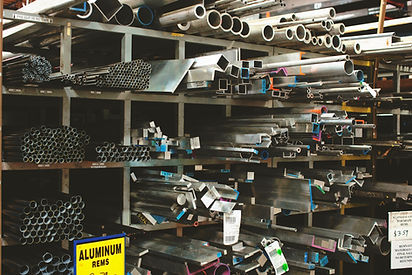


Advanced materials and natural resource (metals, polymers, ceramics, glasses, composites, etc.) companies may be eligible for R&D tax credits for performing qualified research activities. For example, the following activities may be eligible for R&D tax credits:
-
Performing research and experimentation to integrate coiled tubing technology to enhance circulation or deliquification processes
-
Performing technical research and/or development of superconducting materials
-
Performing research to improve and/or development spoil pile technologies for waste removal system optimization
-
Designing new and/or enhanced processing methodologies of materials into high-value added niche applications
-
Designing electronic components within specifications and requirements (e.g. spatial constraints)
-
Designing and/or developing reservoirs impounds to improve control of watercourse or drainage of an existing body of water, interrupting a watercourse to form an embayment within it, through excavation, or building any number of retaining walls or levees.
-
Designing new/or enhanced methods for geological/geophysical interpretation(s)
-
Designing new/or improved material conversion and treating processes
-
Designing new and/or improved material handling & feed drying engineering processes
-
Designing hydrometallurgic techiques and/or facilities to improve extractive metallurgy to optimize recovery of specific resources from ores, concentrates, and recycled or residual materials
-
Developing new and/or improving use of existing materials for multi-industry applications (medical, energy, semiconductor, etc.)
-
Developing new and/or improved nanomateirals or technical applications
-
Developing new and/or improved reprocessing protocols of waste materials
-
Developing new and/or improved materials or designs to existing resources to generate enhanced performance, consistency, reliability, or composition
-
Developing new and/or improved drilling / extraction / engineering processing
-
Developing new and/or improve distillation processes to help separate components or substances from a liquid mixture through selective boiling and condensation to optimize efficiency
-
Testing new and/or improved production optimization technology
-
Testing new and/or improved auxiliary equipment for specific application(s)
-
Evaluating dragline techniques for enhanced material excavation
-
Evaluating smelting/converting technologies to improve heat and/or chemical reducing agent to decompose and remove non-precious elements (as gasses or slag) to isolate objective materials being excavated